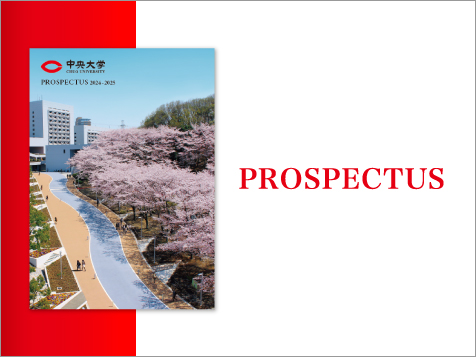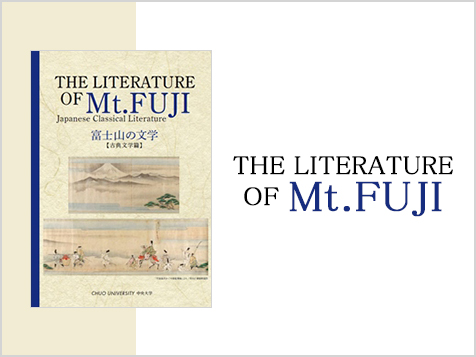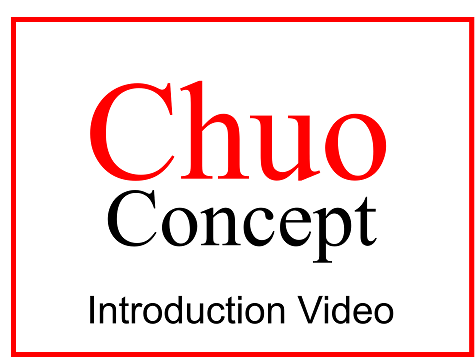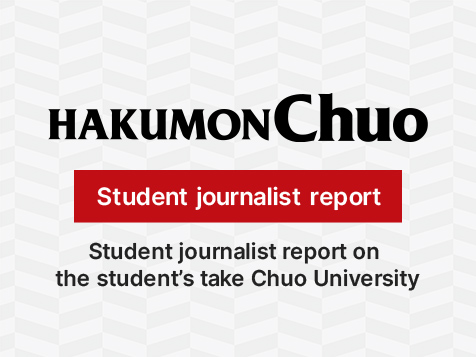Academics
Law School (Chuo Law School)
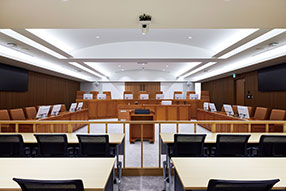
The Chuo Law School (CLS) was established in 2004 to fulfill the new national objectives of reforming judicial and/or legal education system to foster legal professionals who are adequately capable of meeting the complex and diverse needs of today’s society, and to meet demands to establish a professional graduate school having the capability of fostering the higher education which is necessary in the sophisticated and globalized society and economy.
As the core of new national system to develop and nurture legal professionals, CLS provides the high level of legal education that links the theoretical with the practical.
Graduates of CLS will be awarded a Juris Doctor degree (J.D. [specialist]). Holders of J.D. will be eligible to sit for the New Bar Examination introduced in 2006. One of the biggest law schools in Japan, CLS is providing six models for education and training; (1) “home lawyers” who are closely involved in the day-to-day activities of the people, (2) corporate lawyers, (3) external and international affairs lawyers, (4) advanced science and technology lawyers, (5) public policy lawyers, and (6) criminal lawyers. In line with 120 years tradition and achievements, and with our alumni network of legal professionals that covers one of every five members in Japan’s legal community, Chuo University and CLS will continue to grow and provide the finest legal education.
URL: https://www.chuo-u.ac.jp/academics/pro_graduateschool/law/
Inquiries: Office of the Chuo Law School
Tel: 03-6261-8532
Fax: 03-6261-8530
Overview of Chuo Law School
Program
The program is comprised of five curricula. Each curriculum is taught based on the syllabus shown below.
1) Basics of Law Curriculum
Specialized study of the fields of basic law (public law, civil law, criminal law) is based around the case method. The Socratic Method, where the members of the class interactively participate in the lecture, is employed to cultivate more effective ways to use the law.
[Examples of Courses]
Advanced Studies in Public Law, Advanced Studies in Civil Law, Advanced Studies in Criminal Law.
2) Basics for Practicing Law Curriculum
Students gain real-life experience working in such places as the legal clinic or getting training in an externship program at law offices. These courses place a strong emphasis on practical experience, giving the students the opportunity to develop problem-solving skills.
[Examples of Courses]
Professional EthicsⅠ・Ⅱ, Moot Court Practice (Civil, Criminal)
3) Basic Law and International Law Curriculum
Fostering a high sense of ethics and a high degree of competency, and keeping with the traditions handed down from its founding as the Igirisu Horitsu Gakko, Chuo University, the curriculum includes a wide array of courses on Anglo-American law, providing the students with the fundamentals needed to study at law schools abroad.
[Examples of Courses]
Anglo-American Public Law, European Legal System, Foreign Law Seminar, Asian Business Law
4) Developmental and Specialized Law Curriculum
In addition to the fields of basic law, the University makes full use of its assets as a comprehensive educational and research institution to provide a quality education that is theoretical and practical in developmental and specialized fields of law.
The curriculum offers high-level and pragmatic courses which are also offered at the Faculty of Law, including Insurance Law, Economic Law, Intellectual Property Law, International Private Law, Labor Law, Information Law, Taxation Law, and General Study of International law.
[Introductory Courses]
Legal Disputes in Daily Life, Gender and Law, Strategies of Business Law Practice, Policy-making and Law, Alternative Dispute Resolution (ADR), Contemporary Law of Security
[The Field of Business Law]
Corporate Finance and Law
Business Transactions and Law
Venture Business and Law
Business Reorganization Law
Creditor's Rights Law
International Transaction Law
International Economic Law
[The Field of Public Interest]
Medical Practices and Law
Environmental Law
Consumer Law
IT Society and Law
Entertainment/Sports Law
[The Field of Public Policy]
Administrative Litigations Practice
International Human Rights Law
Community Safety Policy and Law
Juvenile Law
Offender's Correction and Law
5) Seminars and Thesis Writing
In addition to the developmental and specialized law courses, a number of small seminars, each based on a theme selected for study and limited to around 10 participants, are also offered.
Graduate students in the Law School who wish to go on to the doctorate program can take the Thesis Writing (worth 4 credits) in place of writing a Master's Thesis.
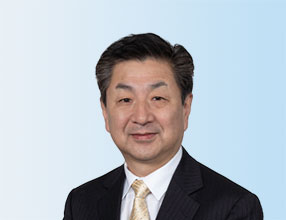
Welcome to the world of legal professionals —Having no perfect answers is interesting
This is not limited to the field of law, but I believe that realizing there is no single answer to all the world’s problems is the beginning of our growth.
Human society would be free from many troubles if all battles were between good and bad or innocence and evil. Unfortunately, this is only the case in samurai dramas and superhero movies. Simplistic justice in such settings misconstrues proper judgment in the real world, where conflicts between two good and innocent parties often arise, and resolutions are very challenging.
Competent legal professionals are not only capable of convincing others of the validity of their opinions, but at the same time they have the modesty to recognize their own weaknesses and show respect for others.
While respecting Chuo University’s founding spirit of “Knowledge into Action” and recognizing that the objective of the Law school system is to serve as a bridge between theory and practice, Chuo Law School has been committed to developing down-to-earth legal professionals who are not obsessed with reaching immediate conclusions. This is possible due to a wealth of CLS programs, including educational offerings through collaboration among various researchers and law practitioners, externship opportunities and job-hunting support from an extensive alumni network, and practical support from graduates who work as junior lawyers.
Along with the Faculty of Law’s plan to relocate from Hachioji to Bunkyo-ku in 2023, the Chuo Law School is scheduled to move to a new campus in Surugadai. This will enable Chuo Law School to better address academic and professional needs, including combined courses and programs for students aiming to pass the bar examination while law students.
Please join us in getting to know the appeal of a world without perfect answers as you develop the critical thinking skills of a Law professional.
Akihiko KOBAYASHI Dean, Law School



